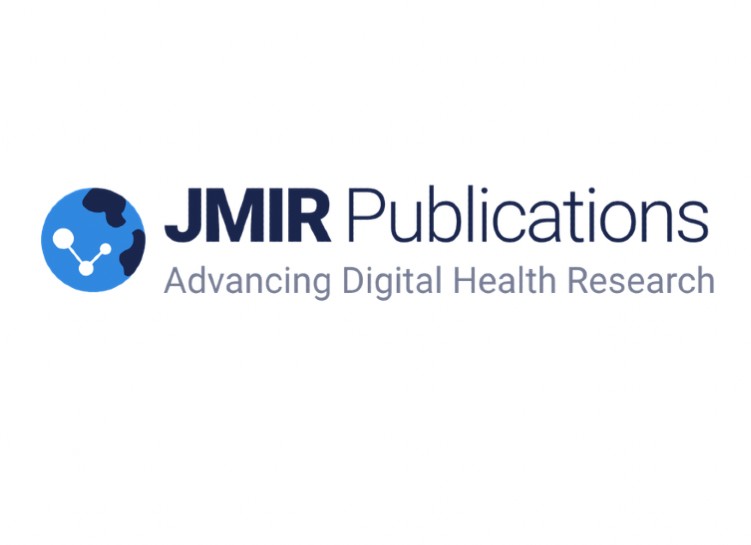Cigarette smoking among sexual and gender minority (SGM) groups in the United States is higher than heterosexual and cisgender individuals. Nearly 1 in 4 SGM adults smoke cigarettes compared with about 1 in 6 heterosexual adults. The National Institutes of Health define SGM as an umbrella term that includes individuals who identify as lesbian, gay, bisexual, asexual, transgender, Two-Spirit, queer, or intersex. It also includes individuals with same-sex or same-gender attractions or sexual behaviors and those with a difference in sex development, as well as those whose sexual orientation, gender identity or expression, or sex development is characterized by nonbinary constructs. The high rate of cigarette smoking among SGM groups is attributed to several factors, including additional stress due to stigmatization and discrimination, as well as targeted tobacco marketing. Therefore, this population is at an increased risk for developing tobacco-related health conditions, including heart disease and stroke. Because smoking accounts for at least 30% of all cancer deaths, SGM individuals are also at an increased risk of suffering from this fatal disease as a result of their smoking behaviors.
It has been suggested that targeted and tailored interventions could be more effective among SGM smokers because they assure a safe, validating environment that enhances receptivity to cessation. The few reported smoking cessation interventions for SGM smokers are minimally tailored, lack a control group, lack objective verification of self-reported quit rates, or are based on group interventions. Mobile health (mHealth) programs that use SMS text messaging have been found effective for smoking cessation and other behavior change interventions. These programs are appealing to marginalized groups who experience barriers to smoking cessation interventions and who have high rates of mobile phone and text messaging use because they allow for self-management and discretion. Although the number of people enrolled in text messaging programs for smoking cessation is increasing, no study has evaluated their feasibility, specifically among SGM smokers.
Full study is available in the Journal of Medical Internet Research.


